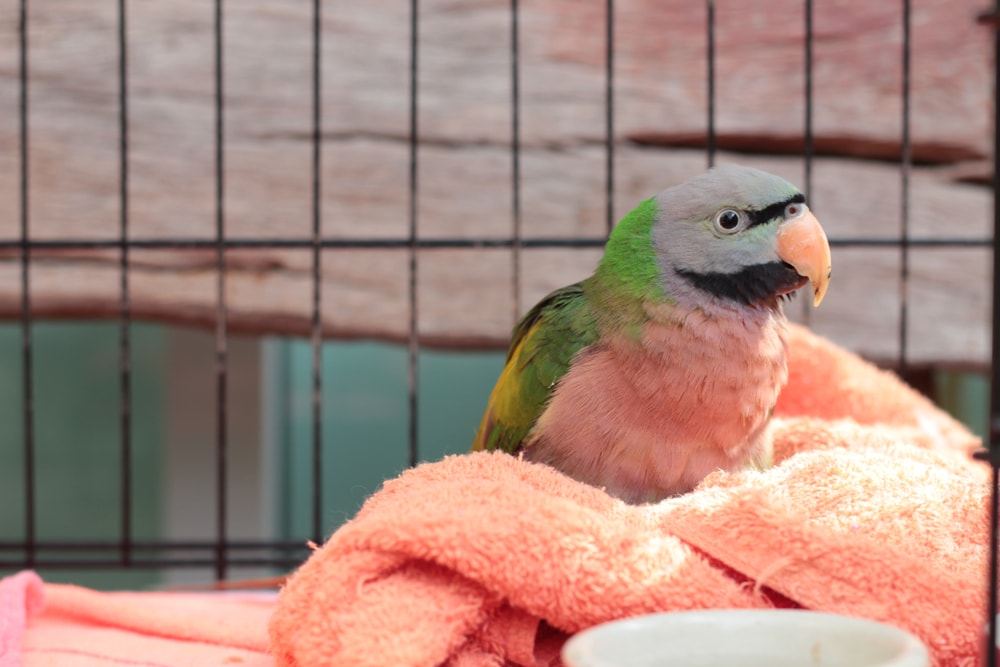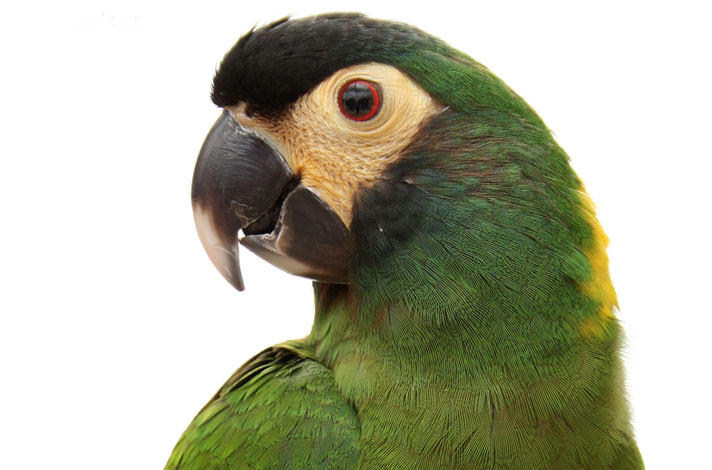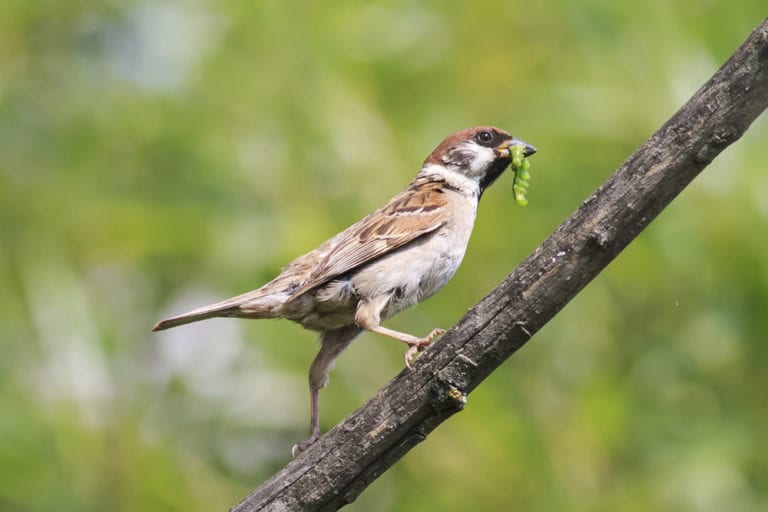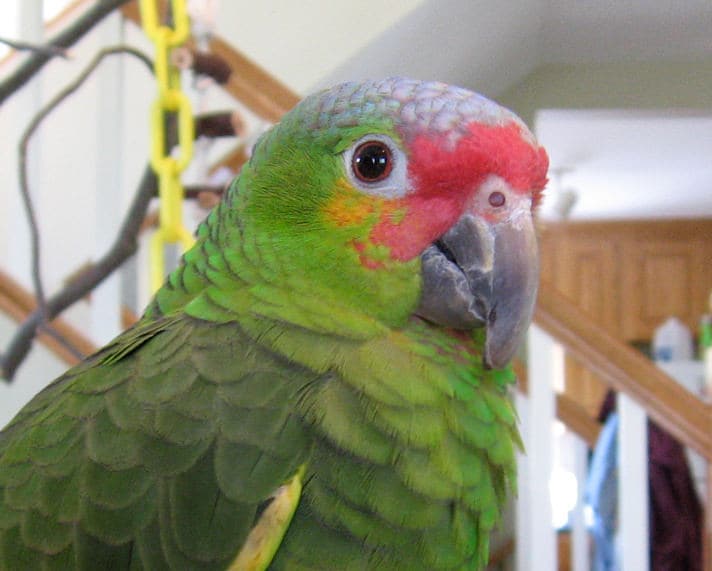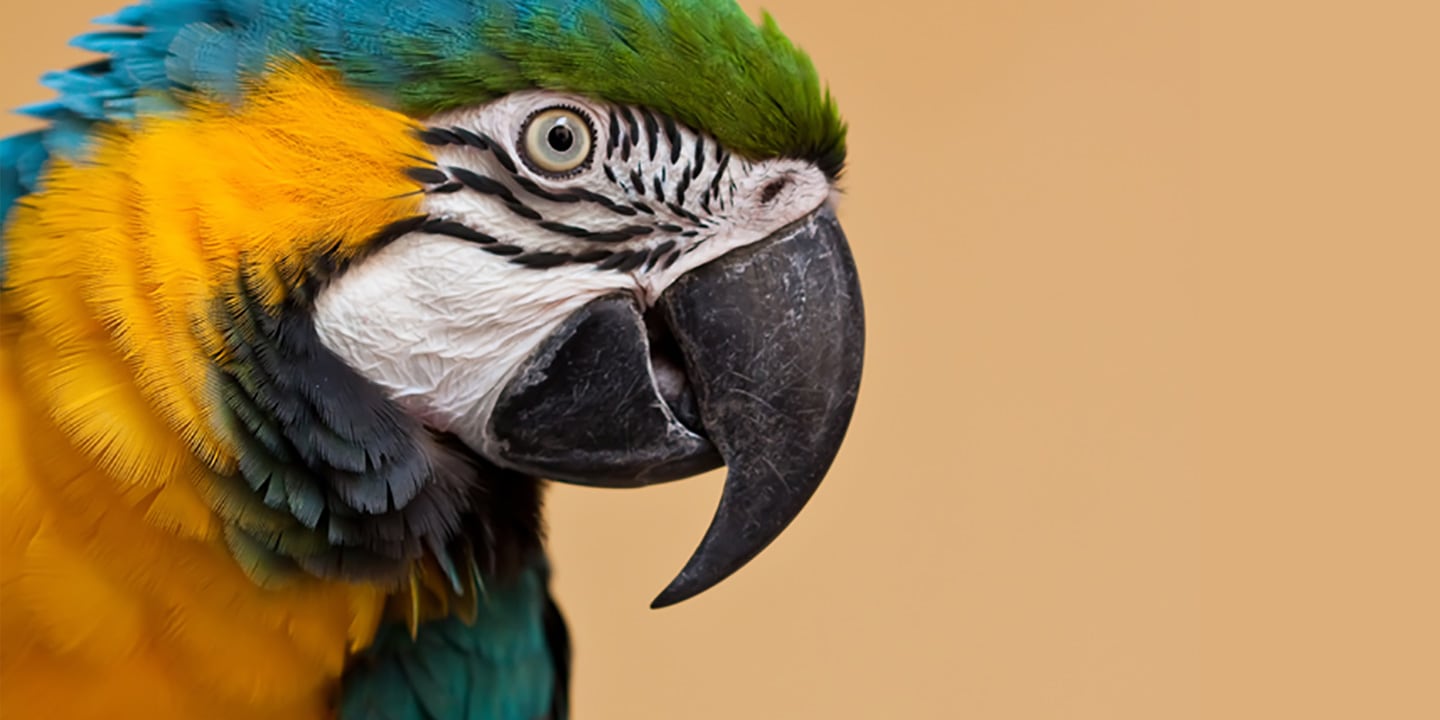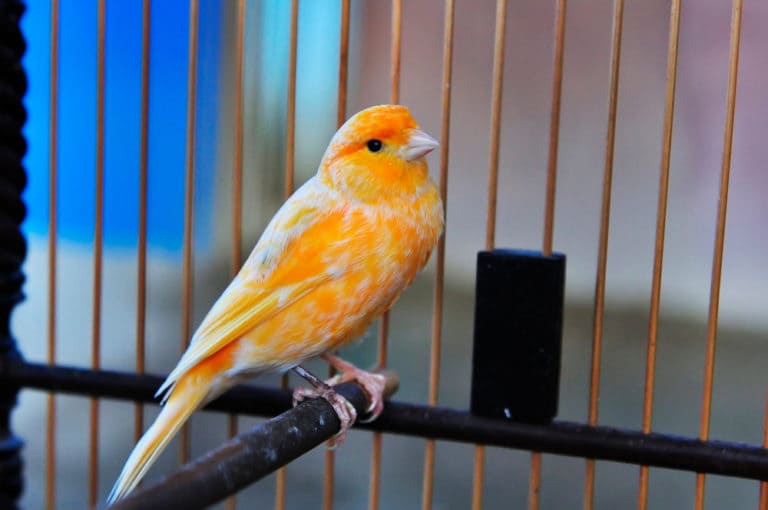Most parrots naturally come from tropical, humid climates and when kept indoors as pets the heating and cooling to control indoor climate dries the air. Your bird? nasal passages are then dried, which, in most cases, causes sneezing.
SYMPTOMS
A bird may sneeze for a number of reasons other than it being in an environment that is too dry. Vitamin-A deficiency or a bacterial, fungal or viral infection can also cause sneezing and discharge from your bird? nares. A more serious problem that could cause damage to the nasal or sinus passages could be the case if audible breathing sounds, tail-bobbing, weight loss, nasal or eye discharge or a change in vocalizations or eating habits accompany the sneezing.
If a bird that is native to Central or South America is housed with or near a dusty bird, such as a cockatoo, cockatiel, African grey or Eclectus, the dander from these birds can cause sneezing in your other birds.
IMMEDIATE CARE
Some sneezing is normal and is likely due to a dry environment. If it becomes a chronic problem or nasal discharge accompanies the sneezing, a full vet check is necessary to determine is the problem is due to some sort of infection.
LONG-TERM CARE
Keep your bird in an adequately humid environment so the cilia in their nasal passages can work properly to clear debris. Provide your bird with a sufficient amount of Vitamin-A, which also helps the nasal passages work properly.
If the vet tests determine that no disease or infection is the cause for the sneezing, here are several tips for improving your bird? too-dry environment:
1) Take your bird into the bathroom while you shower, enveloping it in high humidity.
2) Have your avian vet show you how to periodically flush your bird? nostrils with sterile saline to remove debris or set up a regular appointment to have your vet perform the saline flushing.
3) Try moving the bird into a room with a humidifier, but always keep the water clean to prevent bacteria from growing
4) Place bird safe plants in your bird? room, which will add oxygen and humidity to its environment.
5) Periodically mist your bird to raise humidity
6) Reduce allergens by running am air filter with HEPA filtration. Run a box fan with an air conditioner filter on the back to catch dust, dander and feathers. This will increase the efficiency of the air filter, which will clean any additional allergens not caught by the fan.
Posted By: Chewy Editorial
Featured Image: By Ladymoonz/Shutterstock
Share:
